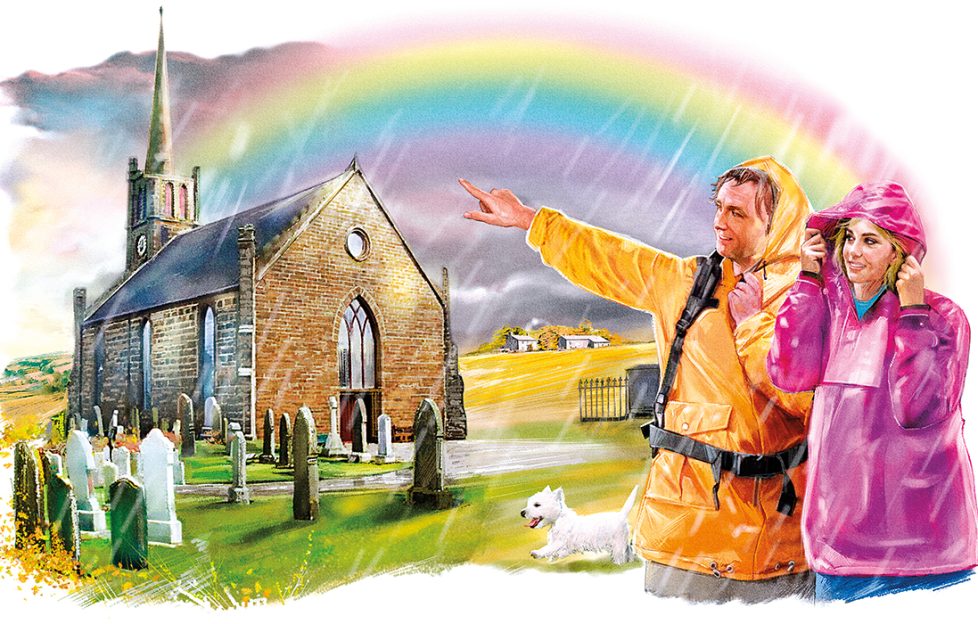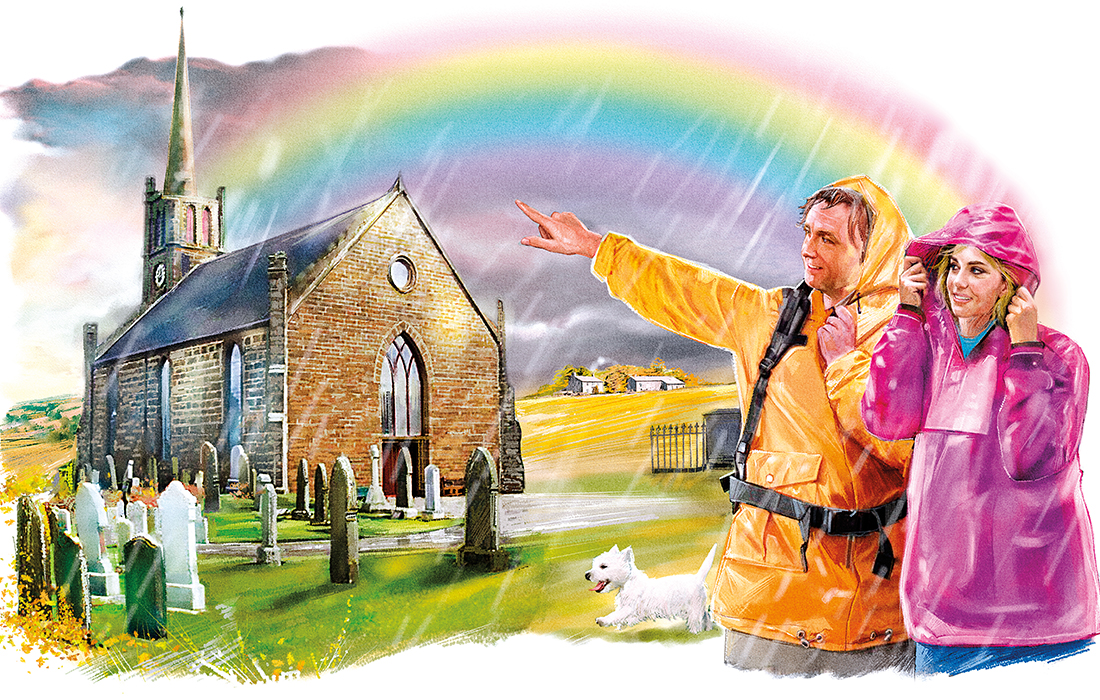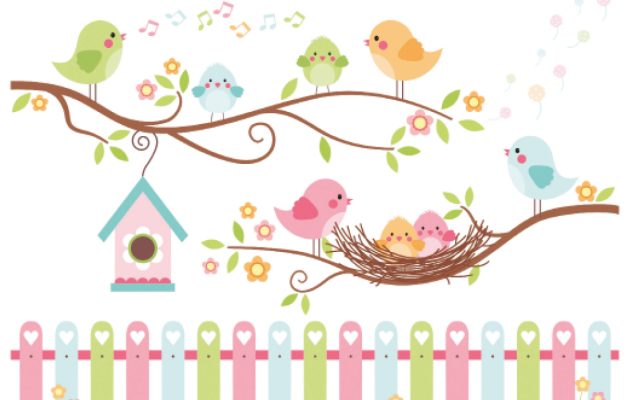There’s Always Tomorrow – Episode 09

There's Always Tomorrow by Mark Neilson
« Previous Post- 6. There’s Always Tomorrow – Episode 06
- 7. There’s Always Tomorrow – Episode 07
- 8. There’s Always Tomorrow – Episode 08
- 9. There’s Always Tomorrow – Episode 09
- 10. There’s Always Tomorrow – Episode 10
- 11. There’s Always Tomorrow – Episode 11
- 12. There’s Always Tomorrow – Episode 12
They climbed out of the van and Larry introduced himself.
“I hope this hasn’t brought you too far out of your way,” he said.
“Not at all,” the minister replied, shaking Helen’s hand. “Have you told her the story?”
“Only about the initial donation to the needy.”
“Then we have time for a tour of the church and the rest of the story,” the minister said. “I’m meeting a couple at eleven who want to get married here.”
Unlocking the church door, he waved them inside.
Out of the wind, even the empty church felt warm.
The minister rubbed his hands together as Helen looked round the shadowed interior.
“The rest of the story is the best bit. When people’s greed and selfishness depresses me, I always come back to it.
“Did Larry tell you about the young married couple in the rain?” the minister asked.
“Yes. I felt so sorry for them,” Helen replied.
“With good reason.” The minister sighed. “John Orr’s bequest was a major gesture.
“It was a condition that four fifths of the interest should be used to help four new brides of the parish each year.
“It would be split between the youngest and oldest, and the smallest and tallest of the brides.
“For the four couples, the money would be worth over six months’ wages at the time.
“It gave a huge hand-up to four newlyweds in a parish where poverty reigned.”
Helen clapped her hands.
“A lovely story. But how did the church sort out the youngest, the oldest
and . . . What were the others?”
“Simple.” The minister smiled. “The oldest and the youngest could be taken from the parish’s birth records.
“As for the smallest and the tallest – look behind you.”
Helen turned, struggling to see in the dim light.
There was a bare wooden platform. Attached to this was something which looked like a tall wooden fence post.
Coming out at right angles from the post over the wooden platform below was what looked like a thick horizontal ruler.
The whole apparatus was covered in ancient varnish.
“What’s that?” she asked blankly.
“It’s a measuring stick,” the minister explained. “No cheating was allowed. The bride, on her wedding day, had to take off her shoes and stand on the platform, her back against the post.
“Then the wooden rule would be lowered until it touched the top of her head and the minister recorded her height against the scale on the post.
“That’s how, out of all the weddings each year, he found the smallest –”
“– and the tallest of the brides!” Helen laughed.
“Indeed. Then he handed each their share of the interest from the bequest, so that none would start as penniless as the bride John Orr had seen in the rain.
“We still make these awards. They are known as brides’ dowries,” the minister went on.
“But John Orr’s bequest earns negligible interest now. So instead of money we give a glass vase to each bride.
“It is a much-loved local tradition, with real honour in being a dowry bride.”
He eyed Helen.
“You’re tall. You would stand a very good chance of being the tallest bride.”
Helen blushed scarlet.
“I’m not the marrying kind. Tell me, what happened to the other brides in the old days? The disappointed ones.”
“That’s the charm of the bequest.” The minister smiled. “This was a small parish. There would only be three or four weddings a year.
“In most years, each bride would likely qualify as the youngest, oldest, tallest or smallest. John Orr had devised a way of helping all of them,” he finished.
“I love it,” Helen said with a smile. “But not enough to get married and qualify.”
“Never say never.” The minister laughed. “Now I must go. Here are the couple I promised to see, and she’s looking long and hard at your height!”














